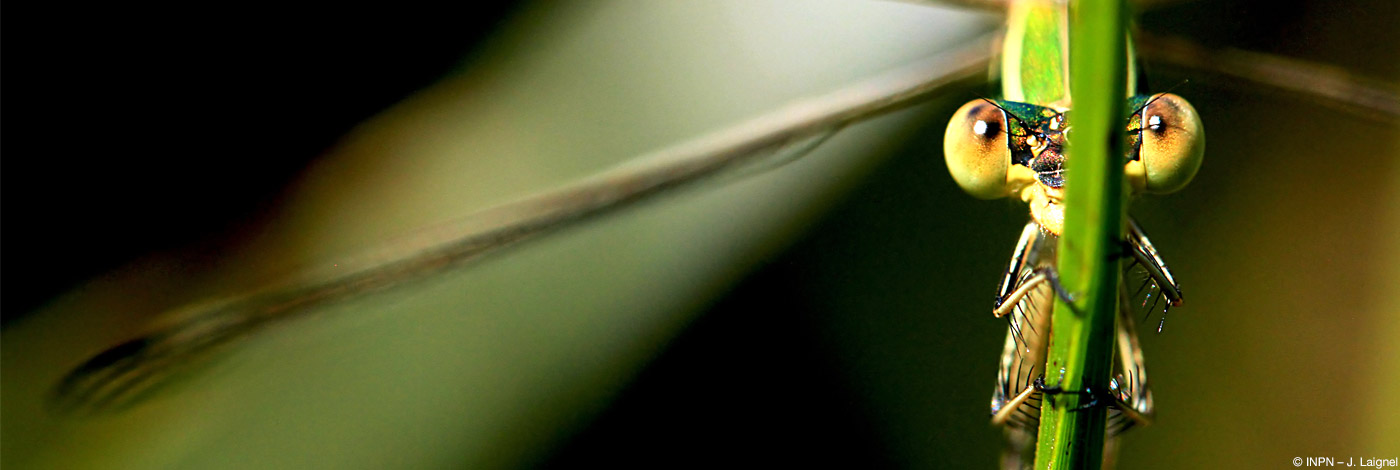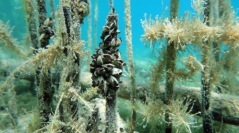

 Naturae
2021 (8) - Pages 91-114
Naturae
2021 (8) - Pages 91-114Freshwater species surveys using environmental DNA (eDNA) analysis have developed over the last decade. We present here the application of this method to inventory freshwater bivalves of France. From 2015 to 2018, we conducted several field tests in France, choosing different environmental conditions. We compared the results of eDNA analyzes with knowledge on bivalves distribution at the scale of France mainland, at the scale of the Meuse and the Rhône watersheds, and with sites that were the subject of intensive surveys, involving several malacologists using traditional methods (observations with bathyscopes, scuba diving, sediment sorting). Our results show the effectiveness of eDNA analyzes for the detection and distinction of almost all freshwater bivalve taxa in France (except for the different species of Corbicula and the subspecies of Unio mancus Lamarck, 1819). The method has been commercialized since 2018 and at the end of 2020 our database contains more than 300 sites inventoried by eDNA analysis. The analysis of these results shows that some little studied species, in particular downstream ecosystem species, suffer from extirpation in France. They argue in favor of the implementation of conservation actions, in particular for the Witham Orb Mussel Sphaerium solidum (Normand, 1844), the Nut Orb Mussel Sphaerium rivicola (Lamarck, 1818) and the Depressed River Mussel Pseudanodonta complanata (Rossmässler, 1835).